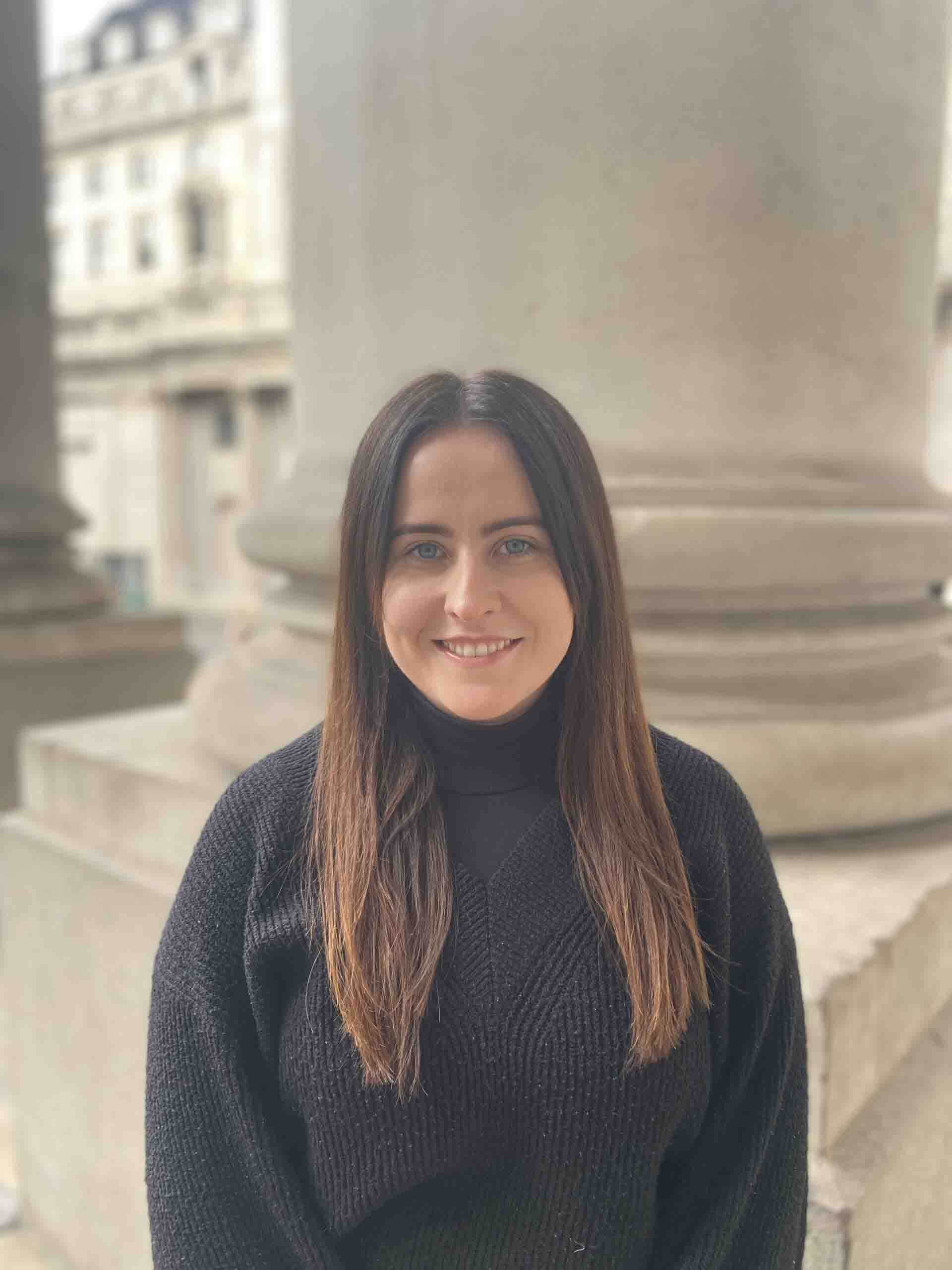Palliative care is a specialised approach that helps people with a serious illness feel as comfortable as possible. It focuses on managing symptoms like pain and also provides emotional, social, and spiritual support for both the patient and their family.
__________________________________________________________
Key Takeaways
The main types of Palliative care are:
Palliative care in hospital
Short‑term, specialist support for people who need closer medical monitoring and active symptom management during a hospital stay.
Residential palliative nursing in a care home or hospice
Ongoing 24‑hour care in a dedicated setting, suitable when someone cannot be cared for at home and needs consistent nursing and comfort.
Day care at a hospice
Planned daytime visits for therapies, symptom reviews, social connection and respite, while the person continues living at home.
Palliative homecare
Nurse‑led support delivered in the person’s own home, combining symptom control, personal care and family support in familiar surroundings.
Read on for a deeper breakdown of these types and the most important considerations.
____________________________________________________________________________________________________________________________________________
What is palliative care?
End of life care includes palliative care. If you have an illness that cannot be cured, palliative care makes you as comfortable as possible by managing your pain and other distressing symptoms. It also involves psychological, social and spiritual support for you and your family. This is called a holistic approach because it deals with you as a “whole” person, not just your illness or symptoms. Unlike curative treatments that aim to cure the disease, palliative care focuses on symptom management, pain relief, and enhancing the overall quality of life.
Who provides palliative care?
Many healthcare professionals initiate and provide palliative care as part of their jobs, such as the care you receive from your GP or community nurses. However, some people need additional specialist palliative care. This may be provided by consultants trained in palliative medicine, specialist palliative care nurses, or specialist occupational therapists or physiotherapists.
Palliative care teams encompasses a wide range of healthcare professionals who work to provide holistic support and can coordinate the care of people with an incurable illness. As specialists, they also advise other professionals involved in the patient’s palliative care plan.
Find out more about our palliative care services
The different types of palliative care
In hospital
Palliative care in hospitals is often delivered over a short-term period, by specialist care teams or a single nurse and is usually for patients who require more intensive medical attention. These specialist teams in hospitals often work on symptom management as part of the patient’s care.
Palliative care teams in hospitals assist patients and their families. They help in making difficult decisions about treatment options and advanced care planning. Additionally, they monitor discharge plans. They arrange for individuals to be transferred to receive care. This care can be in hospices, care homes, or in their own homes.
In a care home
If your loved one is already a resident at a care home, remaining there to receive an end of life care may be a more comfortable option, rather than having to move to a hospital ward. However, it is important to note that not all care homes can deliver palliative care.
Care home will include nurses, doctors, social workers who work together to meet the unique needs and preferences of each patient. This type of palliative care also aims to alleviate the burden on family caregivers, allowing them to focus on spending quality time with their loved ones.
Day care at a hospice
Hospices are similar to residential care homes in some ways. They deliver palliative nursing and rehabilitation, but you or your loved one doesn’t have to reside there permanently – they can attend for the day then return home. Day care would be suitable for patients who do not require 24/7 residential care but can benefit from additional support and services during the day.
Day care can also act as respire for family caregivers, giving them a break while know that their loved ones are receiving expert care in a support environment.
Palliative homecare
Palliative homecare enables you or your loved one to remain in their own home to receive end-of-life care. This type of care is highly personalized, focusing on the individual’s needs, preferences, and goals. Private palliative homecare allows patients to remain in familiar surroundings and maintain a sense of independence. It also fosters strong connections between patients, their families, and the care team, enabling open communication and shared decision-making.
This approach is particularly beneficial for patients who prefer to be with their loved ones and in their own homes during their end-of-life journey.
How can Cavendish Homecare help?
At Cavendish Homecare, we are experts in providing palliative homecare for clients who want to remain in their own homes. When it comes to your health and wellbeing, choosing the right homecare package is of utmost importance and navigating this process can be overwhelming. With Cavendish Homecare by your side, you’ll have the support you need to remain safely at home while enjoying elevated health and wellbeing.
If you would like to enquire about our homecare services, contact us on, 02030085210 or email us at info@cavendishhomecare.com.

About the Author…
Colleen Liston
Commercial Manager
Colleen blends strategic insight with creativity to drive growth and efficiency. With a background in construction management and deep roots in the care sector, she’s passionate about making a meaningful impact and supporting the team behind the scenes.
 Back
Back